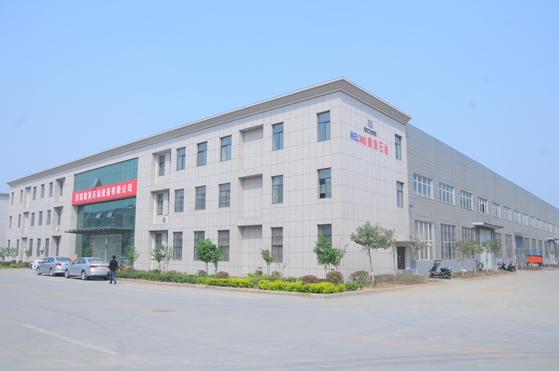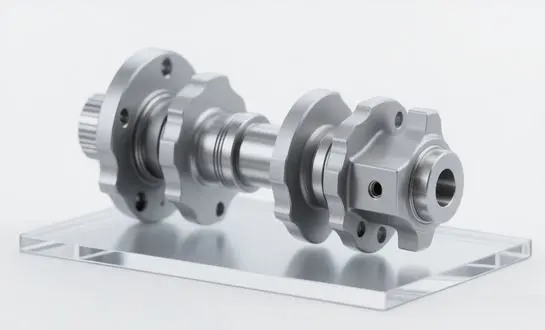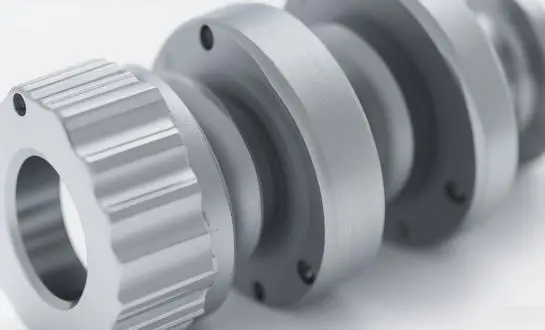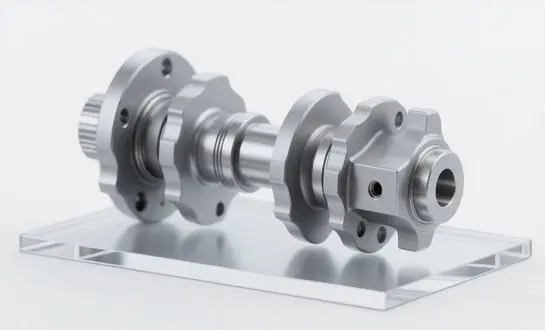Forging's significance extends beyond mere shape manipulation; it fundamentally alters the internal structure of metals, aligning grain patterns to dramatically improve their strength-to-weight ratio. This is especially crucial in industries where performance and safety are paramount, such as aerospace, automotive, and energy sectors. The ability to produce high-strength components with predictable and consistent properties has made forging an irreplaceable part of modern manufacturing processes. As we delve deeper into the intricacies of forging, we'll explore how this ancient technique has adapted to meet the demands of contemporary industry, revolutionizing everything from the smallest precision parts to massive industrial equipment.
How does forging reduce material waste compared to machining?
Near-net shape capabilities
Forging's ability to create near-net shapes significantly reduces the amount of material waste compared to traditional machining processes. By shaping the metal closer to its final form during the forging process, less material needs to be removed through subsequent machining operations. This near-net shape capability is particularly beneficial in shaft forging, where complex geometries can be achieved with minimal material loss.
Improved material utilization
The forging process allows for more efficient use of raw materials. Unlike machining, which often starts with a larger block of material and removes excess to achieve the desired shape, forging begins with a more precisely calculated amount of material. This pre-form is then shaped through controlled deformation, resulting in less overall waste and better utilization of resources.
Reduced scrap rates
Forging typically results in lower scrap rates compared to machining. The process of shaping metal through controlled pressure and temperature leads to fewer defects and less material rejection. This is particularly important in the production of critical components like forged shafts, where material integrity is crucial for performance and safety.
Top industries relying on forged shafts for critical applications
Aerospace and aviation
In the aerospace industry, the demand for high-strength, lightweight, and reliable components is crucial. Forged shafts are essential in meeting these requirements, offering superior mechanical properties, which are especially important in high-stress environments such as aircraft systems. From landing gears to engine components, forged shafts provide the necessary durability and strength to withstand the extreme forces experienced during flight. Their ability to endure high pressures, vibrations, and temperature fluctuations makes them indispensable in ensuring the safety and performance of aircraft. The extreme operational conditions in aviation, combined with stringent safety regulations, make the use of forged components not just beneficial but essential for maintaining aircraft reliability and overall safety.
Automotive manufacturing
In the automotive sector, shaft forging plays a critical role in producing durable and high-performance components. Crankshafts, drive shafts, and axle shafts are often forged to withstand the rigorous demands of modern vehicles. The ability to create complex shapes with superior strength makes forging the preferred method for these critical parts.
Energy and power generation
The energy and power generation industries depend on forged shafts to ensure the efficiency and reliability of essential equipment. In sectors such as oil and gas, wind power, and nuclear energy, turbines, generators, and drilling equipment are subjected to extreme temperatures, pressures, and continuous operation. Forged shafts are uniquely suited to handle these challenging conditions due to their superior strength, toughness, and resistance to fatigue. Whether in power plants or offshore oil rigs, the use of forged components is essential to ensure the smooth and safe operation of critical machinery. Their ability to endure long-term use in harsh environments helps prevent failures, reduces maintenance costs, and ensures the consistent production of energy, which is crucial for meeting global demand.
Automated forging vs. traditional methods: Which is more efficient?
Precision and consistency
Automated forging processes offer superior precision and consistency compared to traditional methods. Computer-controlled presses and handling systems ensure that each forged piece, including complex shafts, meets exact specifications. This level of precision is particularly crucial in industries where tight tolerances are required, such as aerospace and automotive manufacturing.
Production speed and volume
When it comes to production speed and volume, automated forging systems clearly outperform traditional methods. The ability to continuously operate with minimal human intervention allows for higher throughput and reduced production times. This efficiency is especially beneficial in shaft forging, where demand for high-volume production of consistent, high-quality components is common.
Adaptability and customization
While automated systems excel in high-volume production, traditional forging methods still hold an advantage in terms of adaptability and customization. Skilled artisans can more easily adjust to unique requirements or small batch productions. However, advancements in automated systems, including programmable controls and quick-change tooling, are narrowing this gap, making automated forging increasingly versatile for various production needs.
In conclusion, the importance of forging in modern manufacturing cannot be overstated. From reducing material waste to enabling the production of critical components across various industries, forging, especially shaft forging, continues to be a cornerstone of industrial progress. As technology advances, the balance between automated and traditional forging methods will likely shift, but the fundamental importance of this process in creating strong, durable, and precisely engineered parts will remain. For those seeking to leverage the benefits of high-quality forged components in their manufacturing processes, expert guidance is invaluable. To learn more about how forging can enhance your production capabilities, especially in the realm of oilfield products and customized solutions, we invite you to contact us at oiltools15@welongpost.com.
Welong, as a leader in the international supply chain for oilfield products, stands ready to assist you with our expertise in forging and manufacturing solutions.





